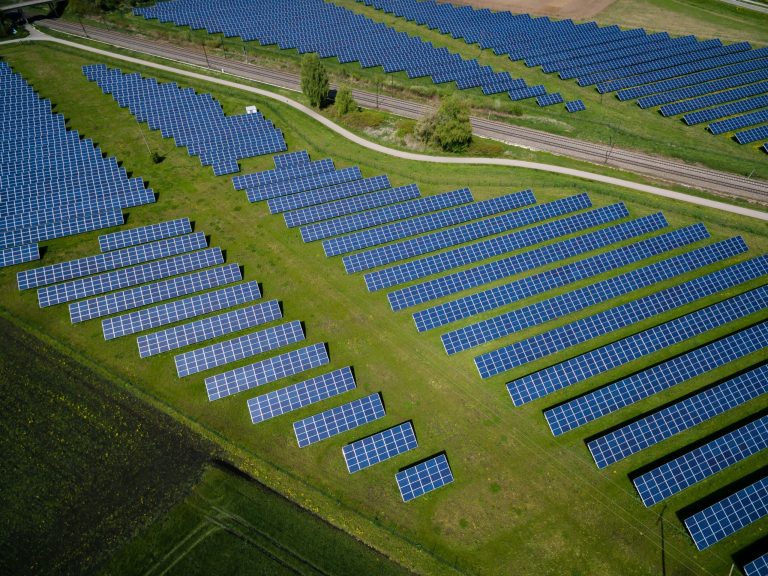As per a report by Moneycontrol, the future of India’s renewable energy exports, specifically solar modules, may be at risk if the Trump administration decreases its commitment to clean energy imports.
Indian companies such as Tata Power, Adani Green Energy, Premier Energies, and Waaree Energies, which rely significantly on the US market, could face a challenging environment as the US pivots towards protectionist policies.
Trump’s stance could hinder these firms’ growth, especially as India imports a substantial share of solar cells from China.
The outcome may alter both India’s and the global renewable energy landscape, given the large-scale implications.
The impact of Trump’s policies on Indian exporters
In recent years, major Indian players have achieved mixed stock performance.
Tata Power stocks, for instance, rose by 2% in the past week but dropped by 3% over the past month.
Meanwhile, Waaree Energies shares jumped by 17% in the last five sessions, reflecting investor optimism despite impending challenges.
Experts, however, are uncertain about the long-term effects of Trump’s policies.
Some analysts predict a shift in demand, especially if US tariffs on solar modules from China increase, affecting the cost of renewable energy imports from other countries, including India.
Rising tariffs and anti-dumping duties
Analysts at Elara Capital expect US tariffs on renewable imports could rise in the coming years, and anti-dumping duties may be enforced to support US manufacturers.
Rupesh Sankhe, an analyst from Elara, highlights that such a shift would create barriers for Indian exporters, with the major effects likely appearing within three to four years.
Though short-term impacts might be minimal, the longer term could see Indian firms, especially those like Waaree Energies with significant US exports, needing to adjust their strategies and expansion plans.
Should Trump impose stricter limitations on Chinese components, Indian companies might face additional complications due to their reliance on Chinese-manufactured cells.
The Trump administration’s focus on domestic manufacturing may mean that India’s long-term international expansion targets, set for 2030, could face obstacles if the US reduces its import dependence.
Offshore wind and broader implications for renewable energy
In contrast to President Biden’s pro-offshore wind policies, Trump’s stance could reduce US investments in offshore wind projects, which Biden previously aimed to expand with an 80-100 gigawatt target.
Trump’s preference for lower capital expenditure projects might further limit foreign firms’ ability to export renewable solutions to the US.
Experts note that completely dismantling Biden’s Inflation Reduction Act (IRA) could be challenging due to its extensive benefits for various US states.
The IRA has allocated billions in subsidies for renewable projects until 2035, which means that while the policy’s pace may slow under Trump, it may not be fully reversed.
India’s renewable sector could still see limited capital flow, compounded by challenges in earnings and macroeconomic headwinds within India itself.
Industry experts acknowledge these internal issues may influence India’s renewable sector independently from any shifts in US policy.
Possible advantages for India amid US-China tensions
While Trump’s anti-China stance presents challenges, it may also create some advantages for India.
Siddhartha Khemka from Motilal Oswal Financial Services suggests that if tariffs on Chinese products increase significantly, India’s competitive position in the renewable energy sector could improve.
The US’s anti-dumping policies could shield its domestic market but may provide India with opportunities to strengthen its role in the global market.
The post Trump’s anti-renewable stance poses threat to India’s booming solar exports appeared first on Invezz

